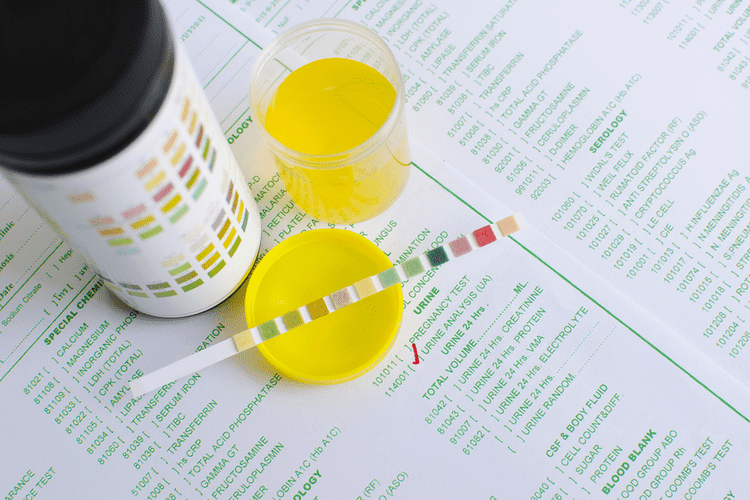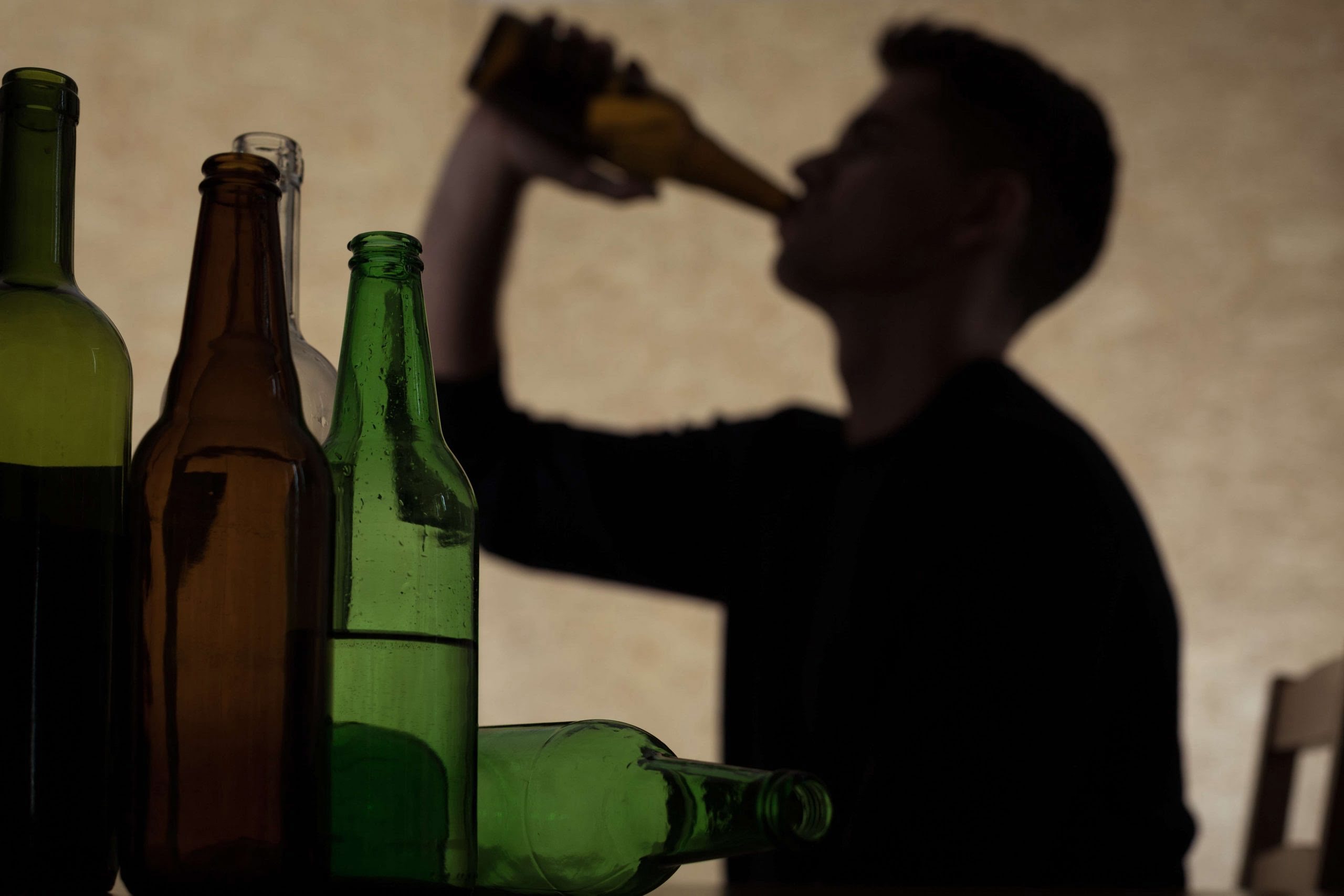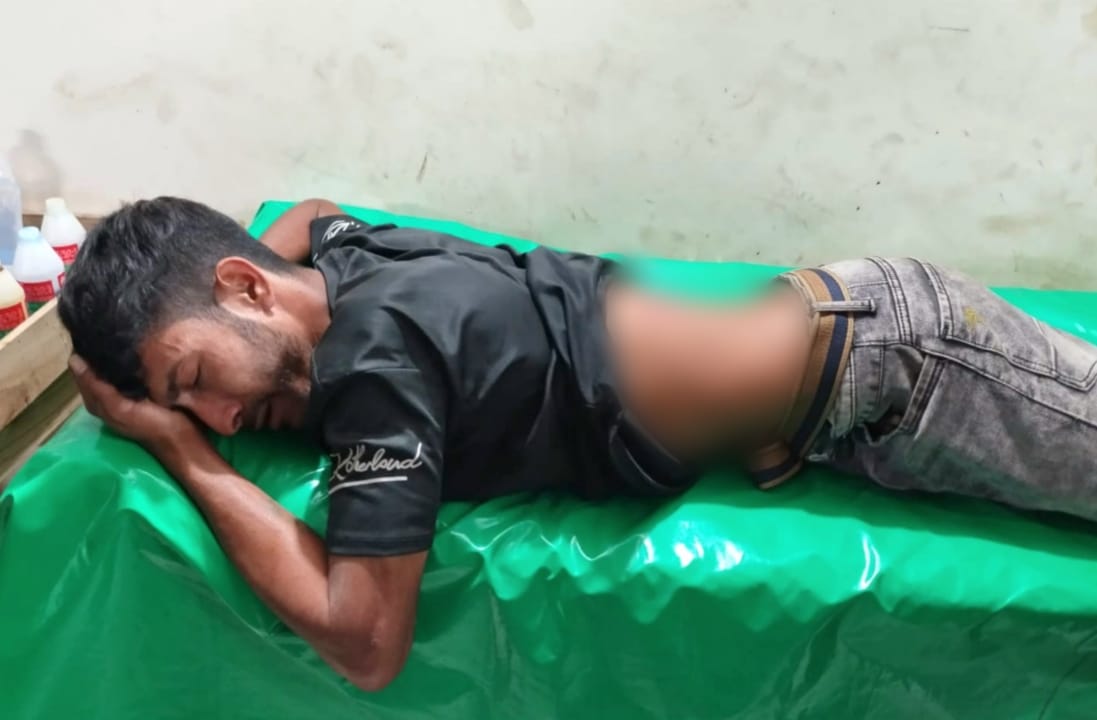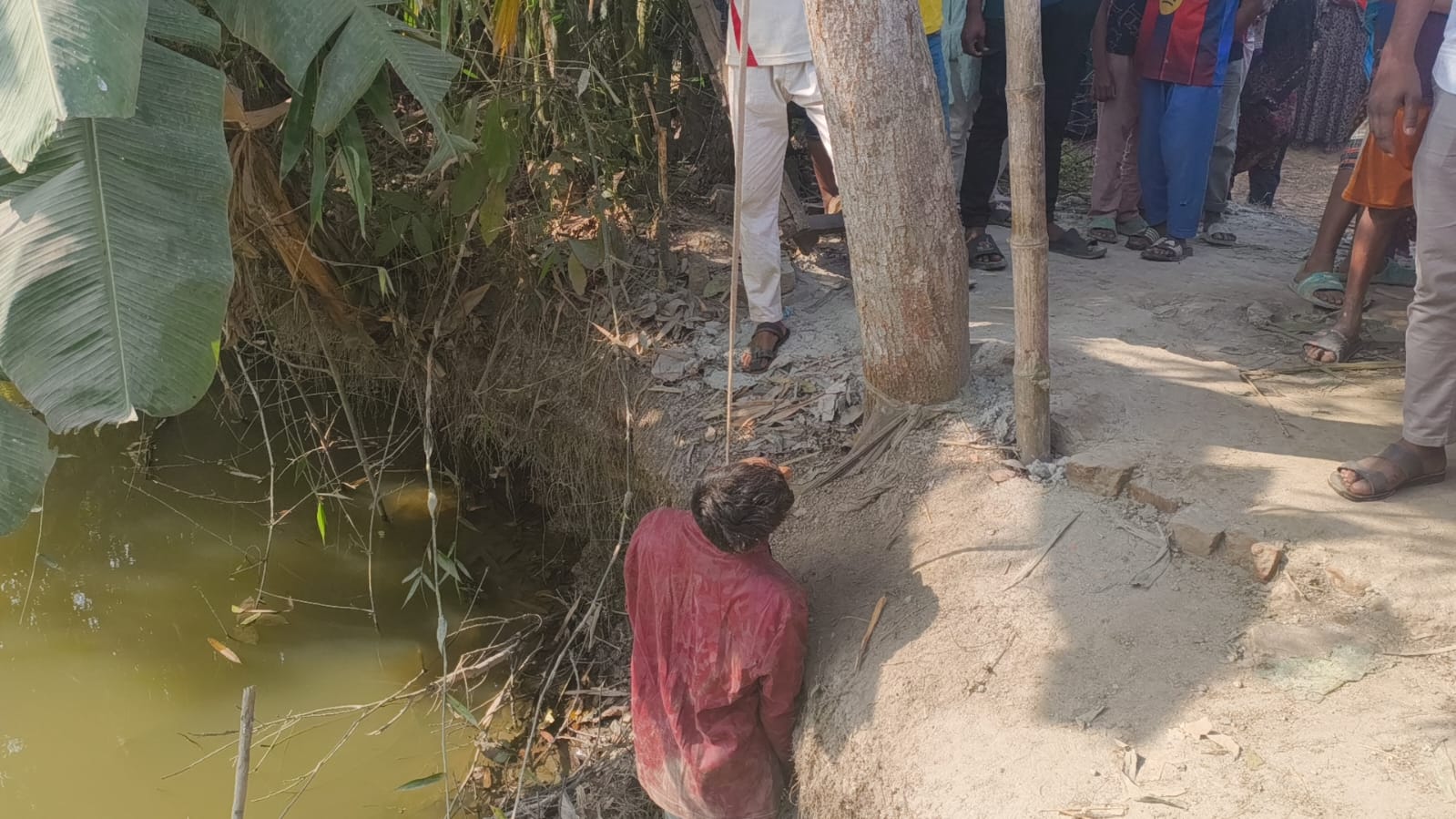Many recovery centers offer payment plans so you can pay in smaller increments each month. When you’re clean and able to hold down a reliable job again, you’ll be able to pay it off. However, it may be required by law to include mental health services in certain instances, including coverage for substance abuse treatment. Some alcohol treatment centers will offer financing, which can help lessen the cost burden. The rehab center can work with you on a repayment plan that spreads out the cost over time instead of having to pay it all at once.

Inpatient drug rehab typically costs more than outpatient programs, as it offers a higher level of care and more intensive treatment. The cost of an inpatient program can range from $12,000 to upwards of $50,000 depending on the type and length of treatment received. Inpatient programs may be covered by insurance, however co-pays and deductibles may apply. Outpatient Alcohol Addiction Rehab can cost anywhere from $2,500 a month to much higher costs, depending on the type of program and services provided.
Treatment Services Provided
As the most intensive form of outpatient care, a PHP typically costs $350 to $450 per day. Another option to pay for inpatient drug rehabilitation without insurance is through scholarships https://g-markets.net/sober-living/14-reasons-being-sober-makes-your-life-better/ and grants. Scholarship funds usually come from a foundation or nonprofit organization, and some treatment facilities offer scholarships themselves.
We understand that each individual’s situation is unique, which is why we provide flexible financing solutions that can be tailored to fit your specific needs. Our professional staff will guide you through the process, ensuring you understand all the available options and assisting you in making the best choice for your circumstances. Outpatient programs are typically more affordable than inpatient rehab, with costs ranging from $5,000 to $25,000 depending on the length of treatment and other factors. Some outpatient programs may be covered by insurance or there may be sliding scale fees available for those who qualify. These programs may be covered by your health insurance as long as you meet the requirements for coverage.
How Much Do Partial Hospitalization Programs Cost?
From crowdfunding to payment plans, there are many options for affordable and accessible addiction care. On one end of the spectrum, you have bare-bones outpatient programs where you see the doctor a few times a week. On the other end are luxury rehab centers that are more like resorts, with saunas, pools, alternative therapies, and homeopathic options. It’s important to note that many facilities offer multiple levels of care. For example, Recovery First Treatment Center provides a continuum of care, with access to detox, inpatient rehab, outpatient care, and co-occurring disorder treatment. It also offers unique tracks geared toward specific populations (e.g., Veterans, members of the LGBTQ+ community, impaired professionals, and trauma survivors).
Additionally, not all rehabs accept Medicaid or Medicare, so you will need to verify that your facility of choice accepts your insurance. Exploring these options and being proactive about seeking assistance can help make rehab a reality, even without health insurance coverage. Usually, they are able to get you qualified quickly and offer competitive interest rates between 6% and 7%.
Cost of Drug Rehab in Massachusetts
However, many programs provide financing options and accept insurance for some or all of the cost. The cost of 30-day alcohol addiction rehab can vary greatly depending on the type of treatment center you choose. Generally, the cost for a 30-day stay in an inpatient treatment center ranges from $14,000 to $35,000.
Only 1 in 10 people with substance abuse disorder in Utah receives treatment. Pennsylvania ranks 26th in cheapest to most expensive state for residential drug rehabilitation services. New York, Pennsylvania, Arizona, Indiana, and Michigan all share the same average cost for outpatient drug rehabilitation services.
Massachusetts ranks 27th in cheapest to most expensive state for residential drug rehabilitation treatment. More than half of all drug rehabilitation admissions in Massachusetts 6 Unbelievably British Easter Traditions are due to heroin abuse. Several variables influence the cost of rehabilitation treatment including health insurance plans and intensiveness of the treatment plan.

Be considerate of interest rates, however, and only consider this way of payment if you can afford the monthly payments later. Some people successfully raise money for treatment through platforms like GoFundMe, YouCaring, Crowdrise, and Indiegogo. Coverage varies depending on the plan and sometimes on the state where you live.


 মুরাদনগর বার্তা ডেস্ক :
মুরাদনগর বার্তা ডেস্ক : 



















